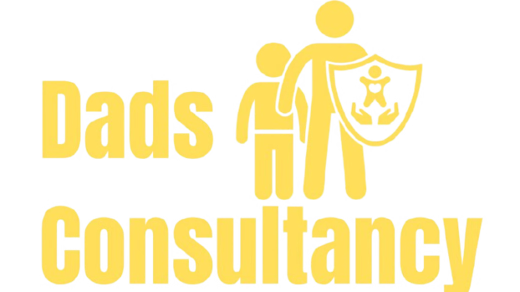Family law applications involving children can be complex and emotional. These legal proceedings are designed to protect the best interests of the child and ensure their safety and well-being. In this article, we will provide an overview of the various family law applications that can be made in respect of a child, including custody, support, adoption, guardianship, child protection, paternity, name change, international child abduction, access/visitation, and grandparent rights.
- Child custody: A court order determining which parent or guardian has the legal authority to make decisions about a child’s upbringing and welfare. This can be awarded on a joint or sole basis, and can be modified as the child’s needs change.
- Child support: A court order requiring one parent to provide financial support for a child. This is typically based on the income of the non-custodial parent, and can include provisions for healthcare and education expenses.
- Adoption: The legal process of becoming the legal parent of a child who is not biologically related to you. This can be through foster care, private adoption, or international adoption.
- Guardianship: A legal relationship between a guardian and a child, where the guardian is responsible for the child’s care and welfare. This can be granted in cases where the parents are unable to care for the child, such as in cases of death or incapacity.
- Child protection: A court process to protect a child from abuse, neglect, or other harm. This can involve removing the child from a dangerous situation and placing them in foster care or with a relative.
- Paternity: Establishing the legal father of a child in cases where the parents are not married. This can be done through DNA testing or a voluntary acknowledgement of paternity.
- Name change: A court process to change a child’s name. This can be done for a variety of reasons, such as a change in the child’s family circumstances or for cultural or religious reasons.
- International child abduction: A court process to return a child who has been taken from one country to another without the consent of the other parent or legal guardian. This can be a complex and time-consuming process, and may involve international treaties and agreements.
- Access/visitation: A court order outlining a specific schedule for a non-custodial parent or other relative to visit the child. This can be granted to grandparents, aunts, uncles, and siblings, among others.
- Grandparent rights: court process to establish the rights of grandparents to have contact with and/or custody of their grandchildren. This can be done when the parents are unable to care for the child, or when the grandparents have played a significant role in the child’s life.
Family law applications involving children can be a challenging and emotional process, but they are an important way to ensure the safety and well-being of the child. It is crucial to understand the various applications that can be made and what they involve, so that parents and guardians can make informed decisions about the best interests of the child. It is always recommended that individuals seek legal representation and guidance to navigate these proceedings.
When facing a family law application involving a child, it is important to have all the necessary information and guidance to make informed decisions. One valuable resource that parents and guardians can turn to is an independent social worker.
An independent social worker is a professional who is trained to provide advice and support to families during legal proceedings. They can conduct assessments of the child’s needs and provide recommendations to the court on what would be in the best interests of the child. They can also provide guidance on the different options available to families and help them understand the legal process.
One of the main advantages of talking to an independent social worker is that they are neutral and impartial. They are not affiliated with any particular party and are not involved in any legal proceedings, which means that they can provide an unbiased perspective. This can be particularly important when dealing with sensitive issues such as child custody, child protection, and adoption.
Moreover, independent social worker can help parents and guardians understand the impact of the legal proceedings on the child and the family as a whole. They can provide support and guidance on how to cope with the emotional and psychological aspects of the process, such as dealing with stress, anxiety, and grief.
In addition, independent social workers can also be involved in creating and implementing parenting plans, which can be an important tool in resolving disputes about custody and access. They can also provide support and guidance for families during the transition period after a legal decision has been made.
In conclusion, talking to an independent social worker can provide valuable guidance and support for parents and guardians during family law applications involving children. They can provide an unbiased perspective, help families understand the legal process and its impact on the child, and offer support and guidance on emotional and psychological aspects of the proceedings. They can also help families create and implement parenting plans and provide support during the transition period.


